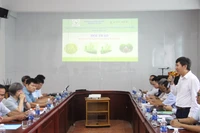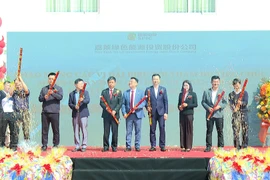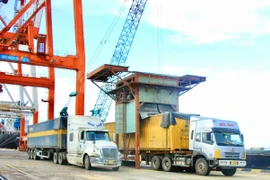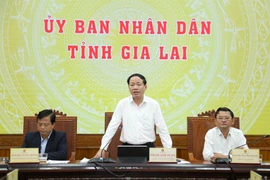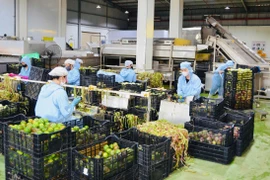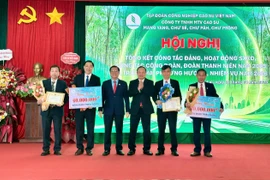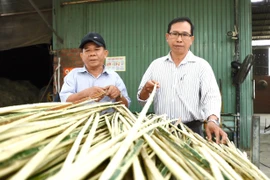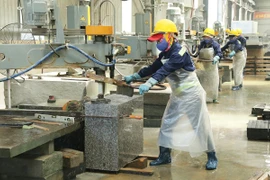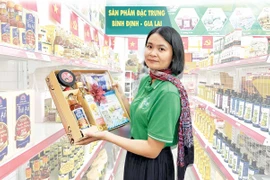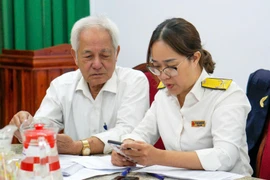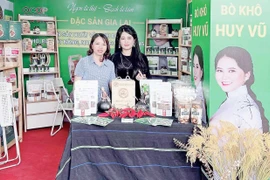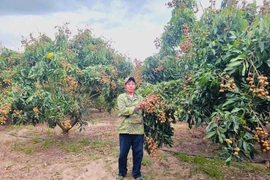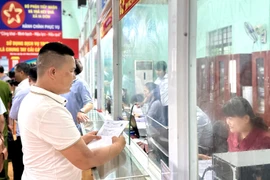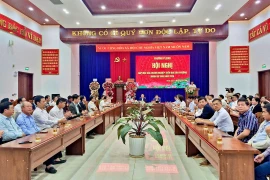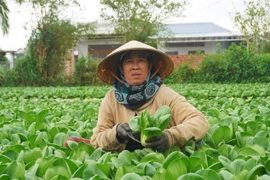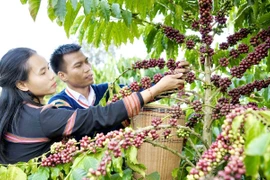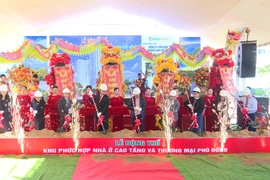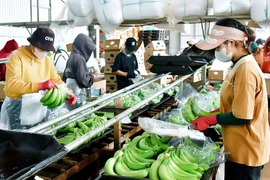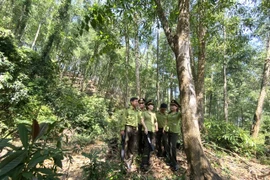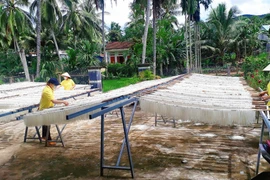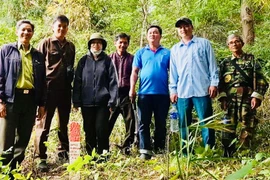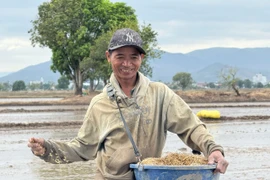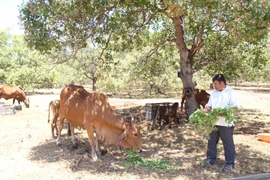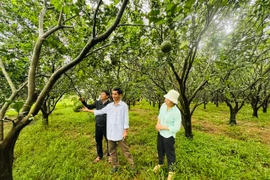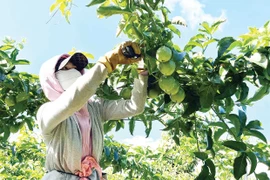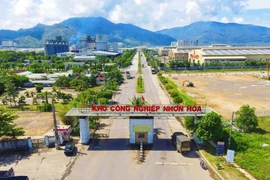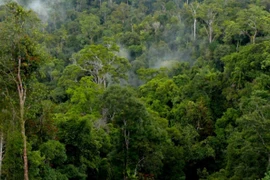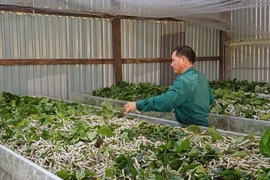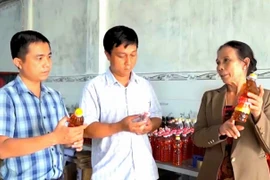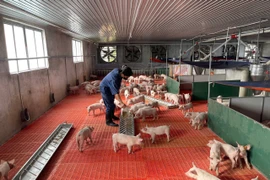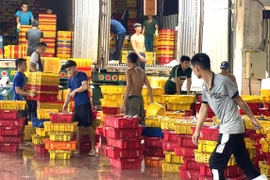The absence of such infrastructure forces them to buy seeds from other provinces, driving up costs and reducing quality consistency.
Local farmer Nguyen Thi Nguyen said: “We mainly grow two crops a year, but seeds must be purchased from other provinces, which raises costs and leads to uneven quality. A local seed production facility would lower costs and give us peace of mind.”
To address this issue, Phu Thien authorities have proposed a rice seed production project for 2025–2030, aiming to produce around 110 tons of rice seeds annually from concentrated production areas.
The initiative seeks to develop high-quality seed varieties under the “Phu Thien Rice” brand. Success, however, depends on securing adequate infrastructure, land, irrigation systems, storage facilities, and experimental areas.
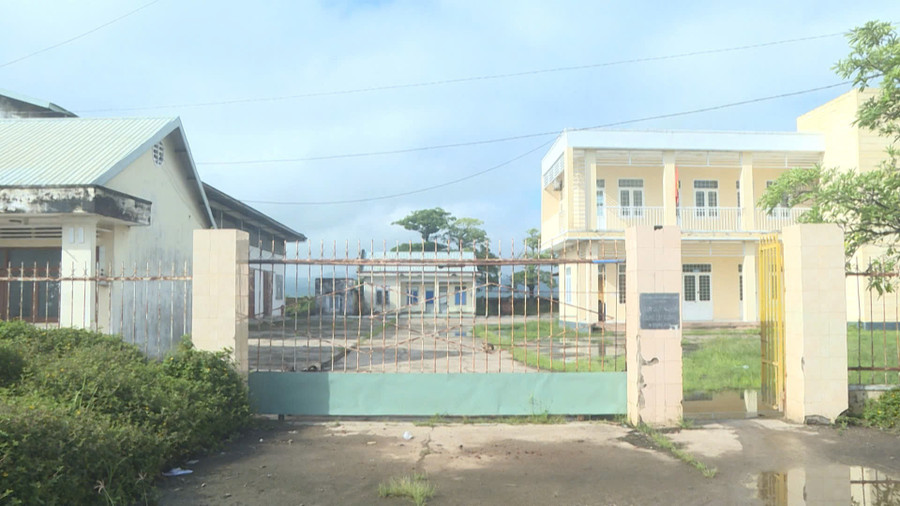
At the heart of this effort lies the Ayun Ha Crop Variety Experimental Station, established over 20 years ago under the Crop Variety Research Center (Department of Agriculture and Environment). Situated on 19 hectares of fertile land with abundant water resources from the Ayun Ha irrigation project, the station also has 0.3 hectares of warehouses and drying yards. Despite this potential, much of its capacity remains underused.
According to Nguyen Anh Tuan, Chairman of the Phu Thien Commune People’s Committee, the station currently leases land to households and cooperates with a few seed companies, rather than producing or testing new rice varieties. “We hope to be handed over the station to maximize its facilities for rice seed production and build the ‘Phu Thien Rice’ brand,” he said.
Earlier this year, the former Phu Thien District People’s Committee submitted a proposal to transfer management of the Ayun Ha station from the former Gia Lai Provincial People’s Committee to the district, but the matter remains unresolved.
If the commune secures the station, officials plan to invest in equipment and infrastructure to produce rice seeds not only for local farmers but also for neighboring areas. Authorities believe that using existing facilities would save new investment costs, potentially worth billions of VND (tens of thousands of USD), and make better use of state resources.
With over 5,000 hectares of wet rice fields, Phu Thien’s future rice production could become more cost-effective, sustainable, and resilient to climate change once local seed sources are secured.

